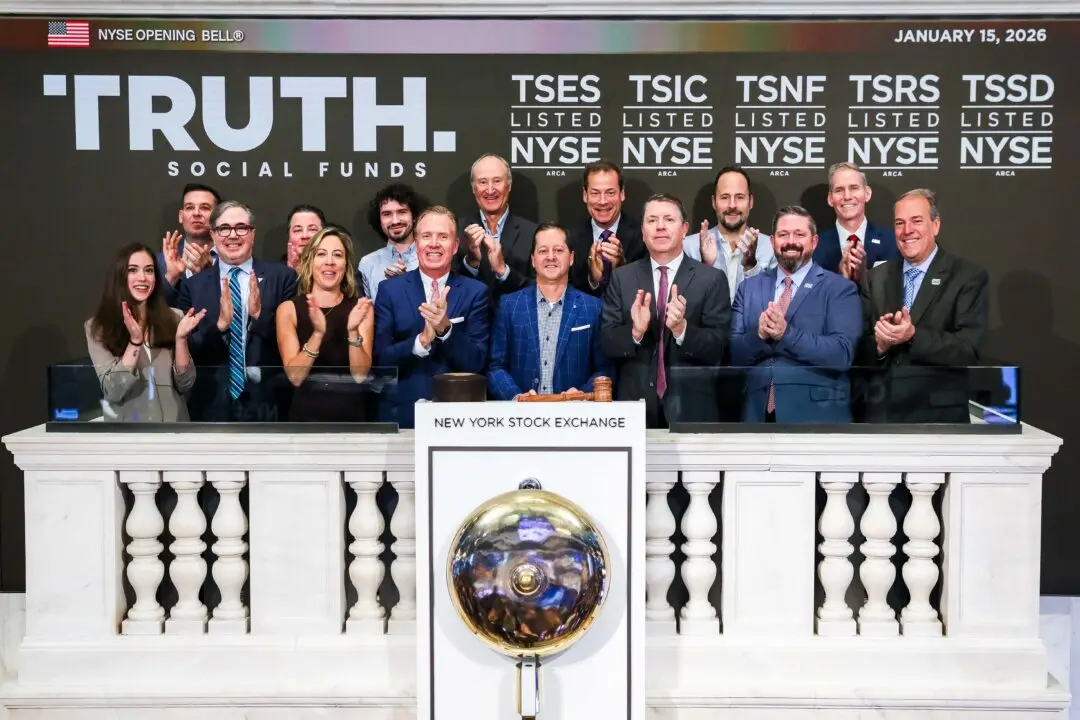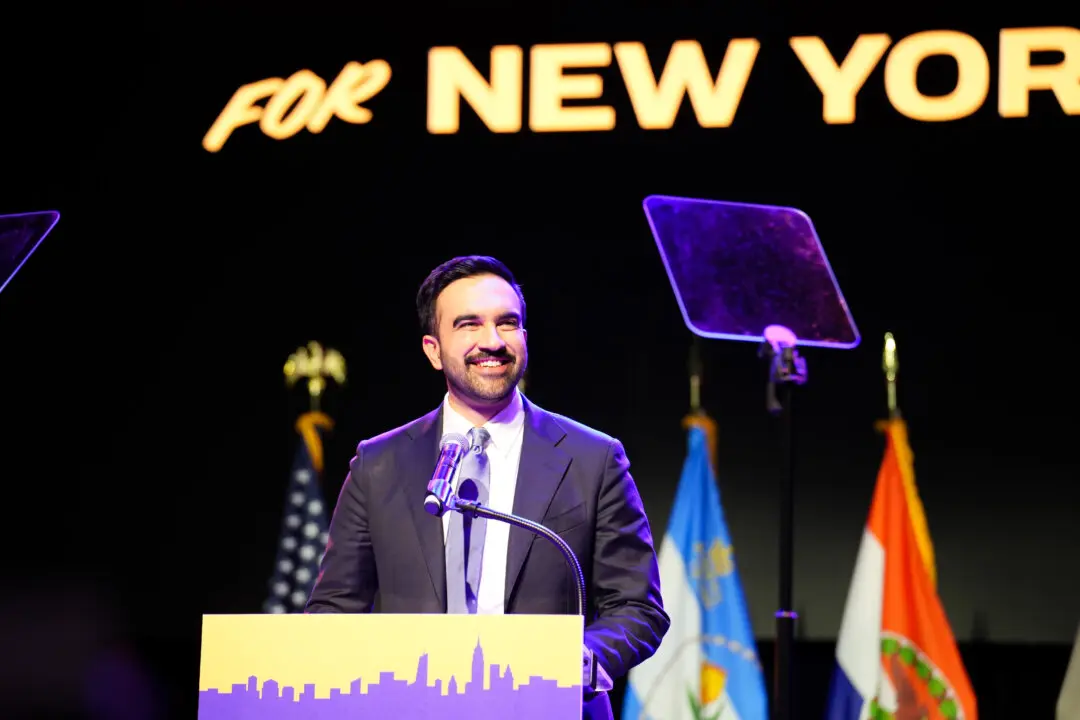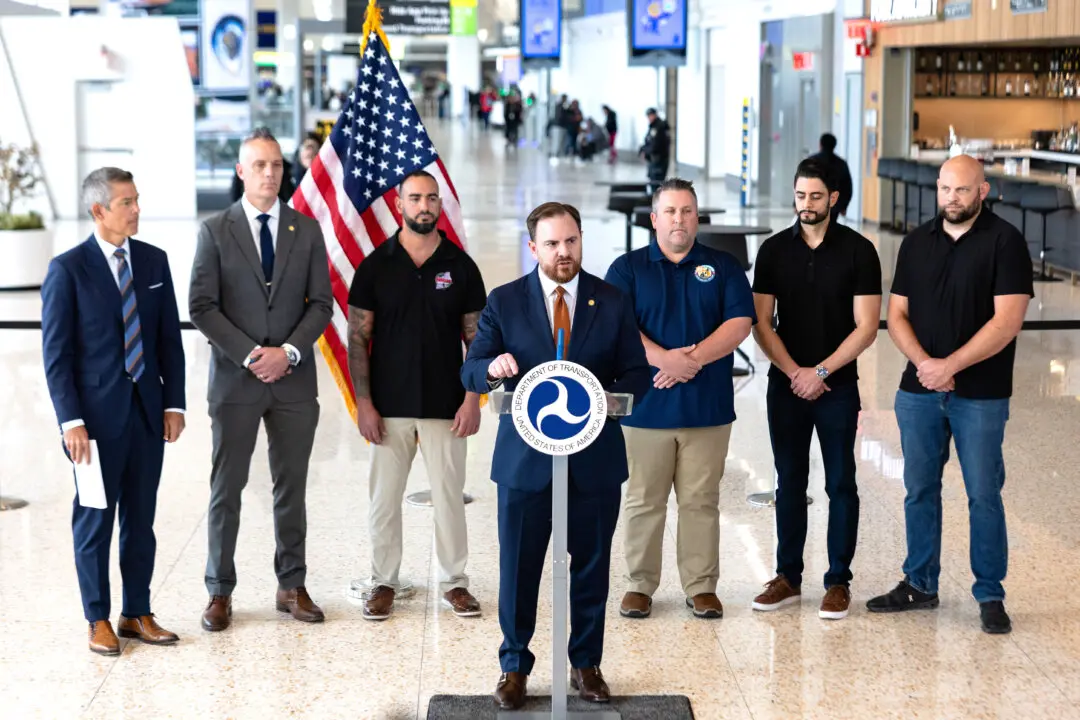American multinational retail giant Gap has begun requiring employees who live nearby to return to the office more frequently starting in February, the company confirmed to The Epoch Times on Feb. 11.
The apparel retailer stated that the move is aimed at strengthening in-person collaboration and “fostering an even stronger community across Gap Inc.”
Gap had about 85,000 employees globally as of Feb. 3, 2024, with 82 percent located in the United States, according to Statista.
It is the latest large company to require its employees to return to the office five days per week.
Over the past few months, Amazon, AT&T, and Dell have mandated that employees return to the office five days per week. Others, such as IBM and Salesforce, have introduced return-to-office policies that require three or four days per week.
“The advantages of having workers in the office include increased collaboration, better team cohesion, improved mentoring opportunities, and greater control over productivity,” North Carolina career consultant Matthew Warzel told The Epoch Times.
Amazon announced a return-to-office mandate in September 2024 that went into effect on Jan. 2.
At the time, Amazon CEO Andy Jassy said in a statement that the policy would help the company better innovate, collaborate, and stay connected to deliver the best results for customers and the business.
“We’ve decided that we’re going to return to being in the office the way we were before the onset of COVID,” Jassy wrote.
“Before the pandemic, it was not a given that folks could work remotely two days a week, and that will also be true moving forward—our expectation is that people will be in the office outside of extenuating circumstances.”
Warzel noted that big companies issuing full-time in-office work mandates “may set a precedent for the private sector as it suggests the value of face-to-face interactions in certain government roles.”
“It might lead to increased pressure on companies to normalize office returns, signaling a broader cultural shift away from remote work,” he said.
According to the latest Resume Templates survey of 849 managers, 27 percent of businesses will have returned to the traditional five-days-per-week in-office practice by the end of 2025. Some 22 percent have already implemented such changes, and 5 percent plan to do so.Meanwhile, the survey shows that only 6 percent of businesses expect to remain fully remote throughout 2025.





